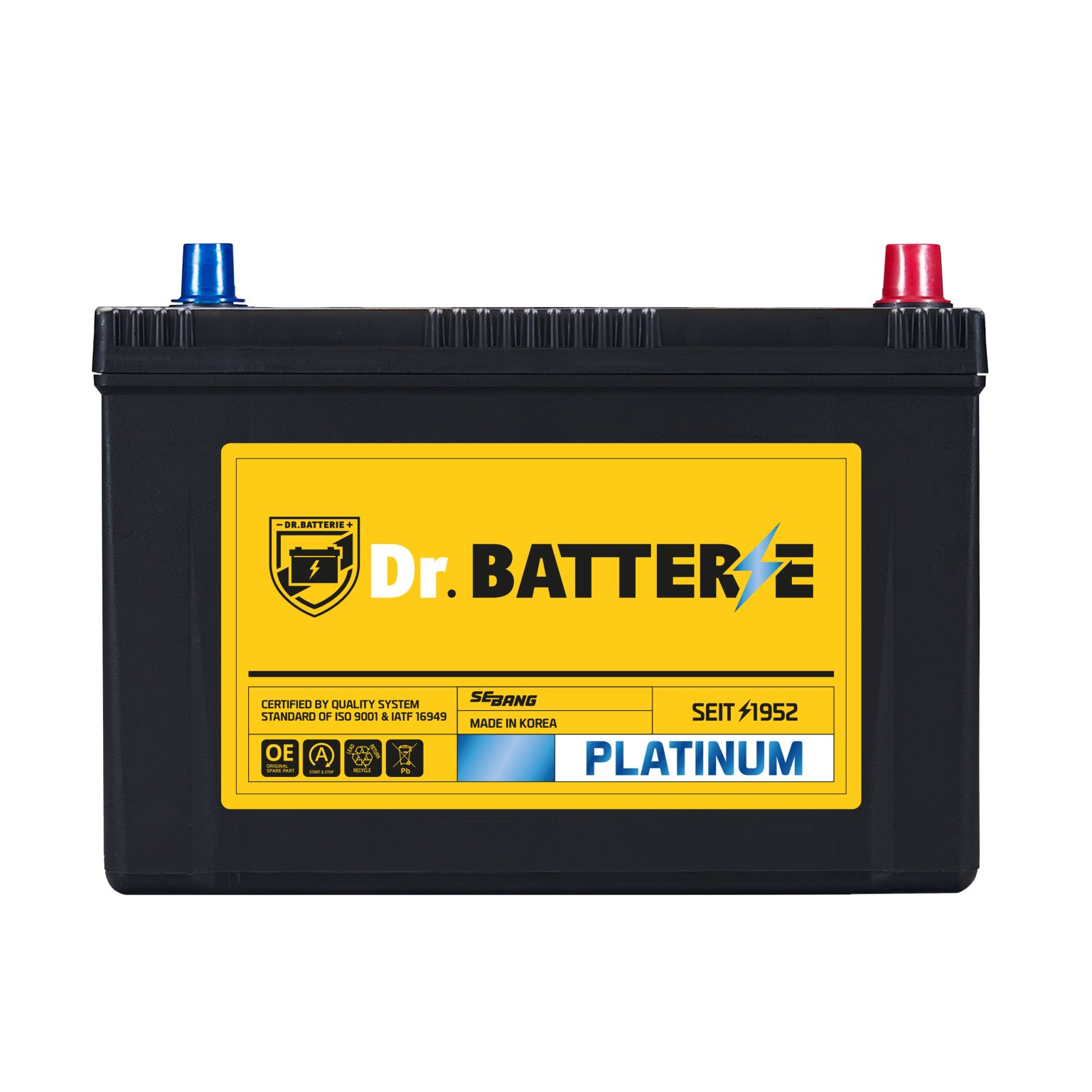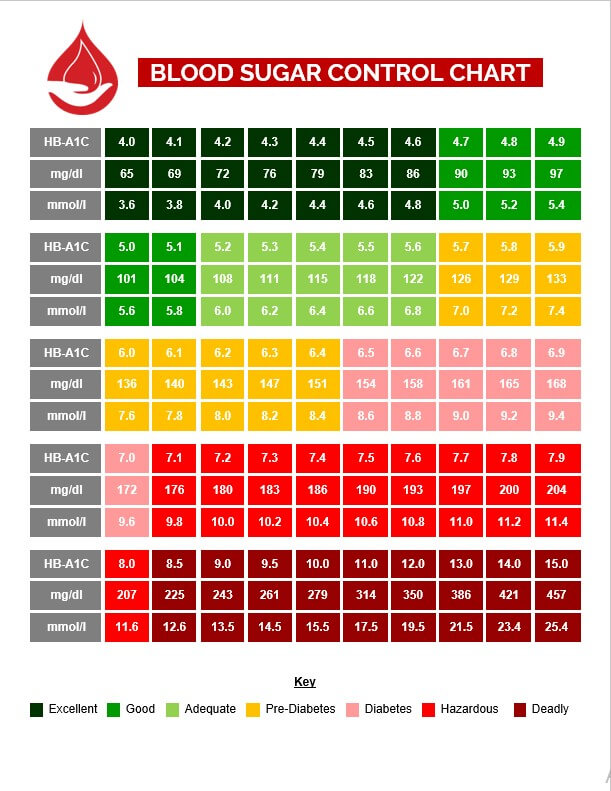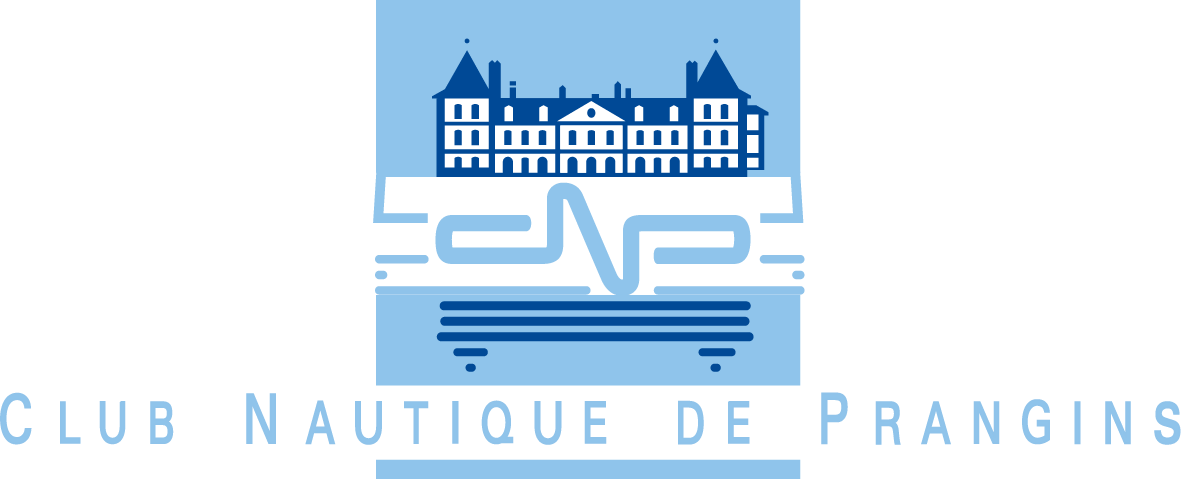When your vehicle unexpectedly breaks down on the road or encounters issues, the first thought that crosses your mind is often the need for reliable assistance. Towing services play a vital role in ensuring that you are not stranded for long, offering efficiency and expertise in various situations. From cars to heavy machinery, these professionals come to the rescue, often going unnoticed despite their critical contributions to vehicle safety and recovery.
Understanding the difference between heavy duty and light duty towing is essential for vehicle owners. Whether you are dealing with an ordinary passenger vehicle or a large truck, knowing what type of towing service you require can save time, money, and stress. In this article, we will explore key factors related to towing services, including how to identify when you need a heavy duty tow truck, the solutions light duty towing provides, and tips for selecting the best towing service for your needs. Join us as we shine a light on the unsung heroes of the towing industry and guide you through the intricacies of making the right choice for your vehicle recovery needs.
Understanding Tow Truck Types
Tow trucks are crucial for providing assistance when vehicles break down or need to be moved. They come in various types, designed to cater to different needs based on the weight and size of the vehicle being towed. Light duty tow trucks are typically used for standard cars, smaller vans, and motorcycles. These trucks are built for efficiency, allowing for quick and safe towing of everyday vehicles that encounter minor issues on the road.
On the other hand, heavy duty tow trucks are engineered to handle larger vehicles, such as trucks, buses, and heavy machinery. They are equipped with powerful winches and hydraulic systems to manage the increased weight and complexity of the towing process. Understanding the key differences between these two types of tow trucks is essential for selecting the right service based on the situation at hand. The right choice can make the difference between a smooth recovery and potential damage to the vehicle.
Identifying when to use a specific type of tow truck is an important aspect of roadside assistance. For instance, if you are driving a larger vehicle or face a complicated breakdown scenario, a heavy duty tow truck will be necessary. Conversely, for smaller, regular vehicles, light duty towing offers an efficient and cost-effective solution. Knowing how to identify the appropriate service can help ensure you receive prompt and effective assistance when you need it most.
Choosing the Right Towing Service
Selecting the appropriate towing service is essential for ensuring the safety of your vehicle and timely assistance. When deciding between light duty and heavy duty towing, consider the type and weight of your vehicle. Light duty towing is typically adequate for regular cars, trucks, and SUVs, while heavy duty towing is necessary for larger vehicles such as buses, RVs, and trucks. Understanding your vehicle’s specifications will help you make an informed choice regarding the service you require.
In addition to vehicle type, take into account the towing company’s experience and reputation. Look for services that specialize in the type of towing you need, whether that be light duty or heavy duty. Check online reviews and ask for recommendations from friends or family. A reliable towing service should have a history of prompt response times and robust customer support, which can make a significant difference during stressful situations on the road.
Finally, consider the geographic area the towing service covers. Some companies may only operate within specific regions, while others may offer statewide or nationwide services. For instance, if you are in Melbourne, ensure the towing service can efficiently manage both light duty and heavy duty towing within the area. By being well-informed and considering these factors, you can choose a towing service that meets your needs and ensures your vehicle receives the necessary care.
Maximizing Towing Efficiency
To maximize towing efficiency, it’s important to understand the differences between light duty and heavy duty towing. Light duty towing is ideal for standard vehicles, including sedans and small trucks, which can be efficiently handled without the need for specialized equipment. On the other hand, heavy duty towing comes into play with larger vehicles like buses, RVs, and heavy machinery. Recognizing which service you require can streamline the process, ensuring your vehicle is moved with the right equipment and minimizing the risk of damage.
Choosing the best towing service enhances efficiency further. Researching local towing companies that specialize in the type of tow required is crucial. Look for providers with a good reputation, positive reviews, and proper licensing and insurance. Additionally, consider their response time and availability, especially during peak hours when emergencies can arise. By selecting a reliable service, you can save time and reduce stress during unexpected breakdowns or accidents.
Lastly, preparation plays a vital role in maximizing towing efficiency. Before calling for a tow, ensure that you have all necessary information handy, such as your location, vehicle details, and the nature of the problem. Clear communication with the towing service can help them dispatch the right truck equipped for your needs. Taking these steps can result in a smoother, quicker towing process that minimizes disruption to your day and keeps you safe on the road.
CEO Towing
Phone: 0426 654 655
Url: https://ceotowing.com.au/
50 Thornhill Dr
Forest Hill, VIC 3131


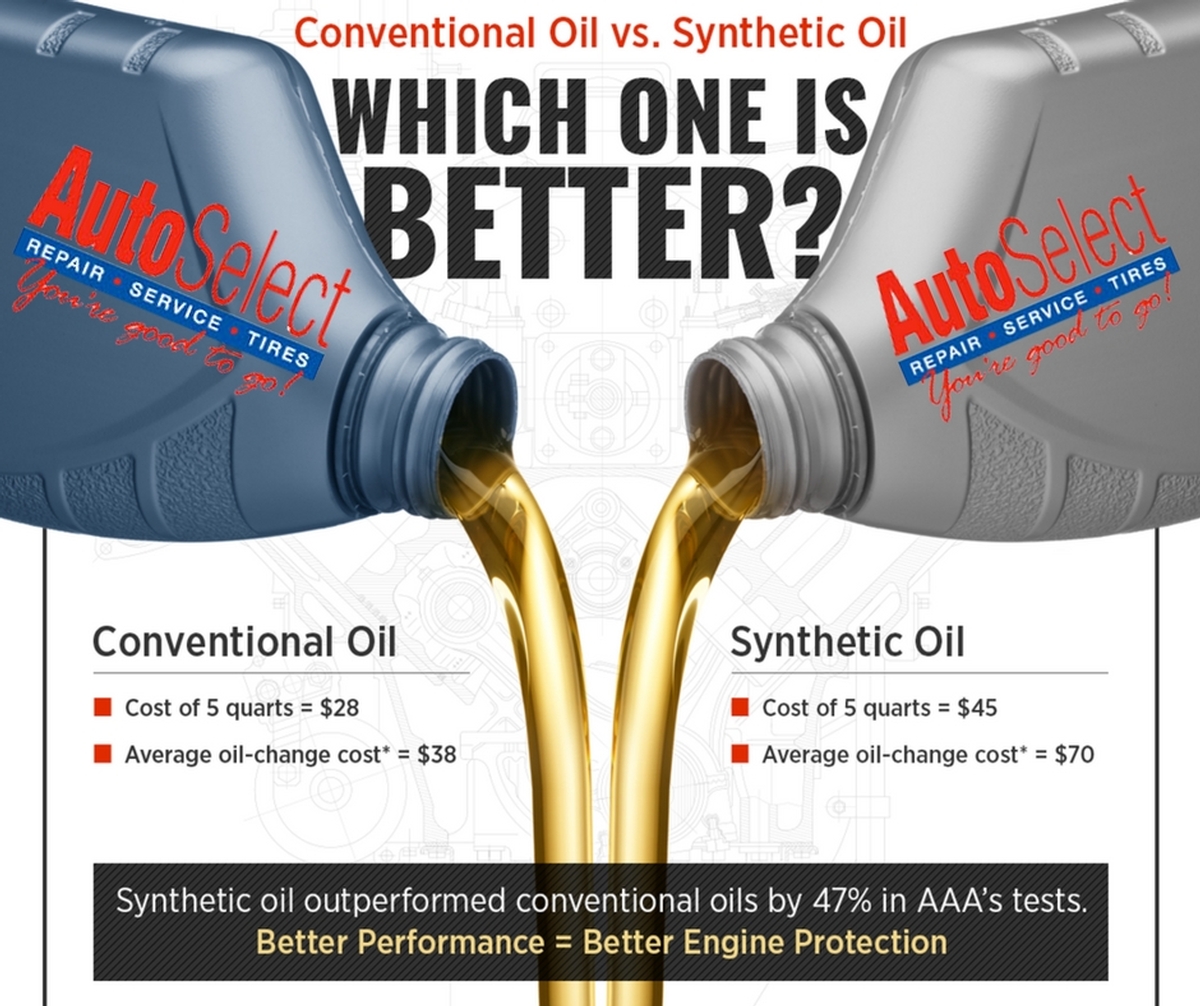


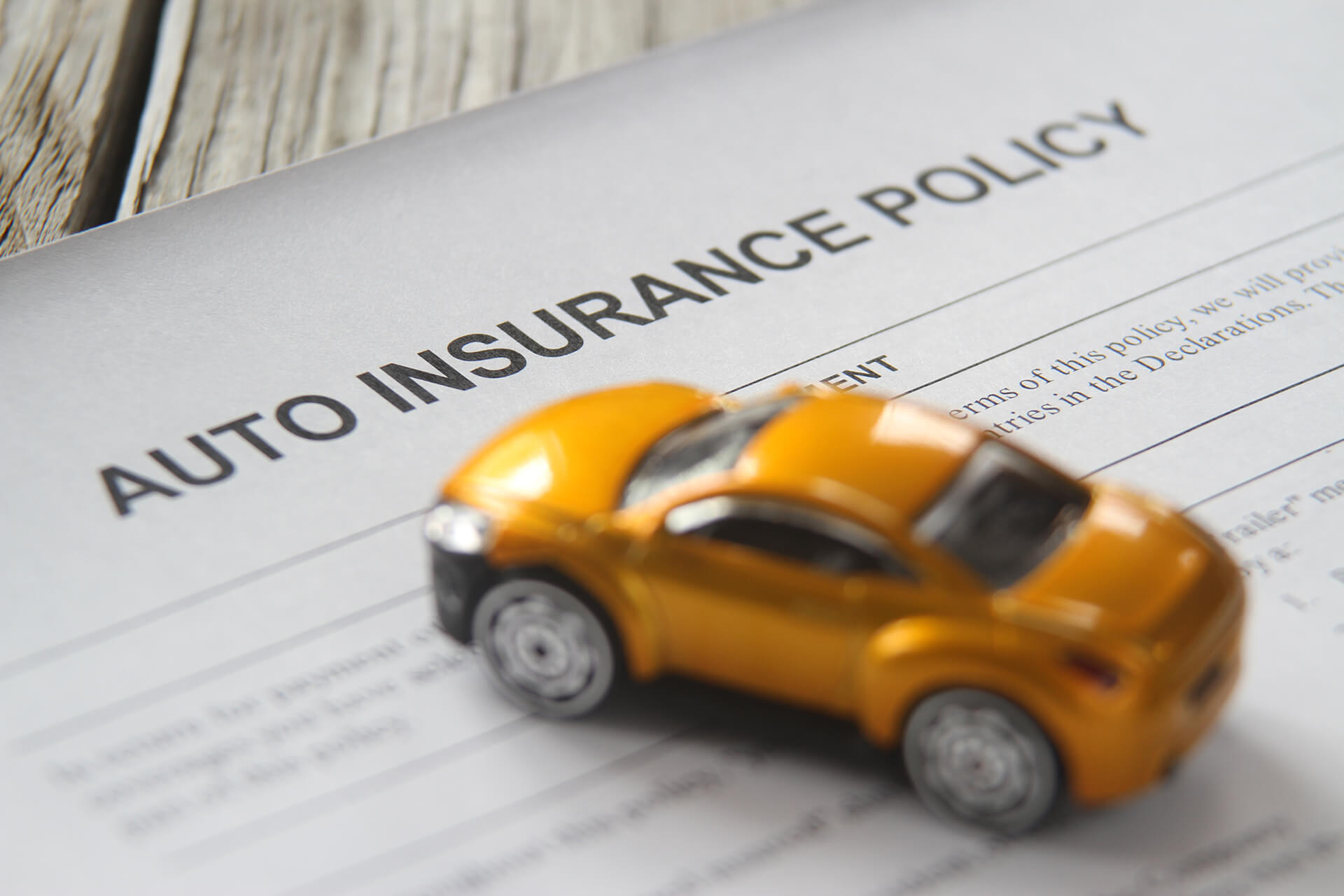





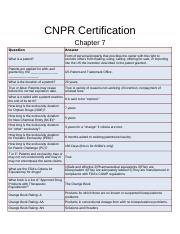




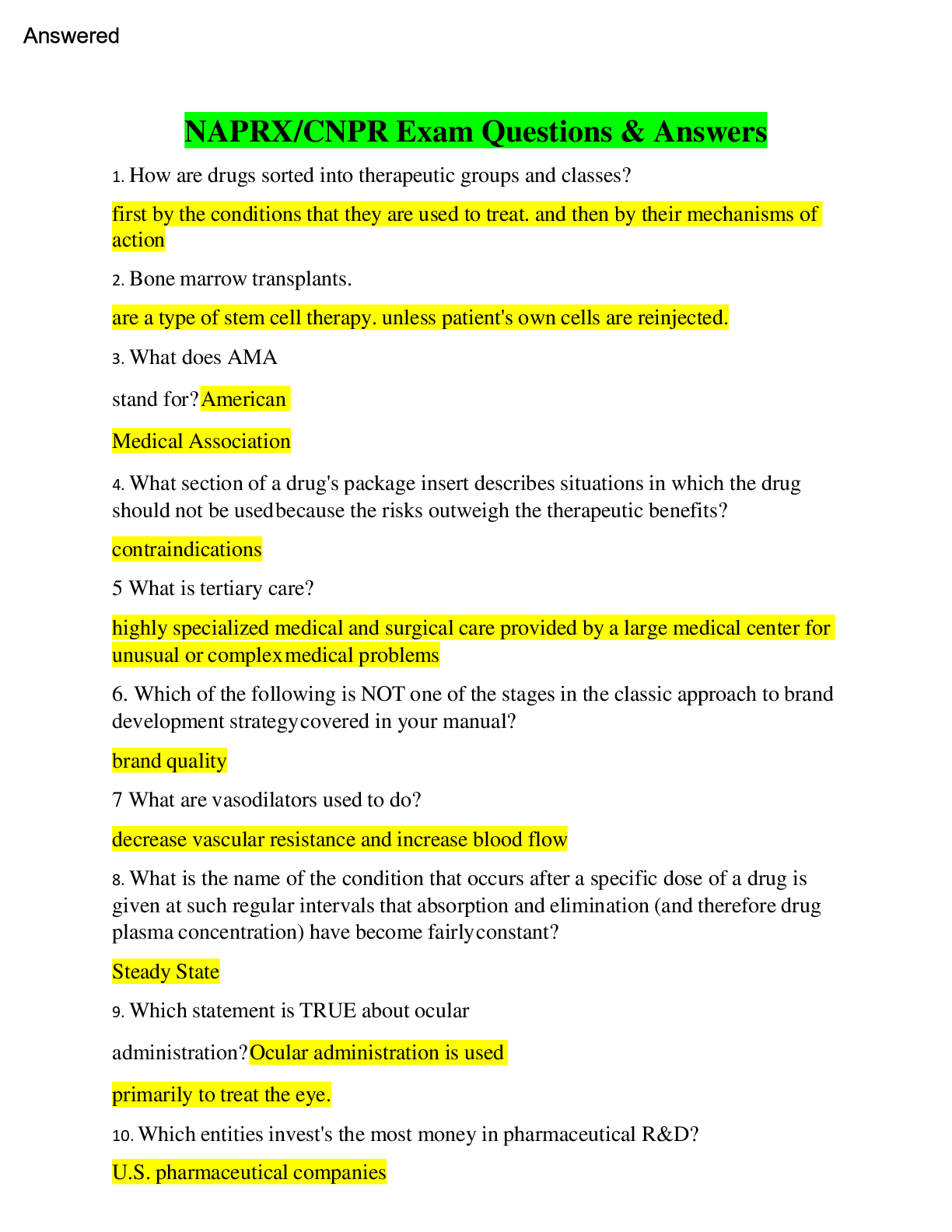


:max_bytes(150000):strip_icc()/Primary-Image-how-much-does-cleaning-business-insurance-cost-7551611-6d0acf8dddd9441892da86b1713e274b.jpg)





.jpg)






